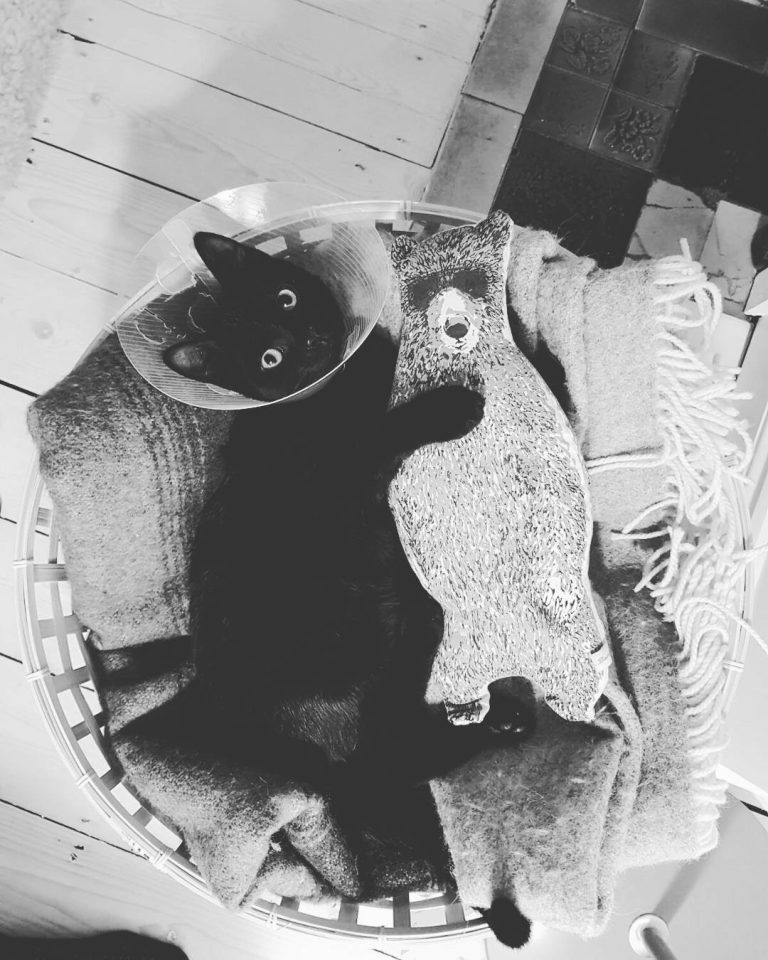Common Fur Problems in Pets and How Vets Can Help in 2024
Pets are cherished members of our families, and ensuring their health and well-being is a top priority for pet owners. One common area of concern is their fur. Issues such as shedding, matting, and skin infections can affect pets’ comfort and health. In 2024, advancements in veterinary medicine and pet care have provided new solutions to these common fur problems, making it easier than ever to keep our furry friends healthy and happy. Here, we explore some prevalent fur issues in pets and how modern veterinary care can help.
1. Excessive Shedding
Problem: Excessive shedding is a common issue in pets, especially in certain breeds of dogs and cats. While some shedding is normal, excessive hair loss can indicate underlying health problems, such as allergies, hormonal imbalances, or poor nutrition.
Veterinary Solutions: In 2024, vets utilize advanced diagnostic tools to identify the root cause of excessive shedding. Blood tests, skin scrapings, and allergy tests can help pinpoint issues. Once the cause is determined, vets can recommend targeted treatments, such as hypoallergenic diets, supplements to improve coat health, and medications to address allergies or hormonal issues.
2. Matting
Problem: Matting occurs when fur becomes tangled and knotted, which can be painful for pets and lead to skin infections. Long-haired breeds are particularly prone to matting, especially if their fur is not regularly groomed.
Veterinary Solutions: Vets and professional groomers in 2024 use specialized tools and techniques to safely remove mats without causing distress to the pet. Additionally, vets can educate pet owners on proper grooming techniques and recommend detangling sprays or conditioners to prevent future matting. Regular grooming appointments and the use of high-quality grooming tools at home are crucial for maintaining a mat-free coat.
3. Skin Infections
Problem: Skin infections, such as bacterial or fungal infections, can cause fur loss, redness, and itching. These infections can be secondary to other conditions like allergies or parasites.
Veterinary Solutions: Modern veterinary medicine offers a range of treatments for skin infections. Vets can prescribe topical or oral antibiotics and antifungal medications. In 2024, there are also advanced diagnostic techniques, such as skin culture tests and biopsies, to accurately identify the type of infection and its cause. Preventative measures, including regular flea and tick control and maintaining a clean living environment, are also emphasized.
4. Dandruff and Dry Skin
Problem: Dandruff and dry skin can lead to itching, discomfort, and an unhealthy-looking coat. These issues can result from poor nutrition, environmental factors, or underlying health conditions.
Veterinary Solutions: In 2024, vets can offer nutritional counseling to ensure pets receive a balanced diet rich in essential fatty acids that promote skin and coat health. Specialized shampoos and conditioners designed to moisturize the skin and reduce dandruff are also available. Additionally, vets can provide supplements, such as omega-3 fatty acids, to improve skin health. Environmental adjustments, like using humidifiers during dry seasons, can also help alleviate dry skin.
5. Parasite Infestations
Problem: Fleas, ticks, and mites are common parasites that can cause significant discomfort and health issues for pets, including fur loss, itching, and skin infections.
Veterinary Solutions: Veterinary practices in 2024 employ a wide array of preventative and treatment options for parasites. Monthly topical treatments, oral medications, and collars that repel fleas and ticks are widely available. Vets can also perform thorough examinations to detect and treat infestations early. Integrated pest management approaches, which include treating both the pet and their environment, are recommended to prevent reinfestation.
Conclusion
Fur problems in pets are common, but with the advancements in veterinary care in 2024, addressing these issues has become more effective and efficient. Regular check-ups with a vet are crucial to ensure that any fur-related problems are detected and treated early. With the right combination of preventative care, proper nutrition, and modern veterinary treatments, pet owners can ensure their furry companions maintain healthy, beautiful coats. By staying informed and proactive, we can provide the best care for our pets, enhancing their comfort and quality of life.










